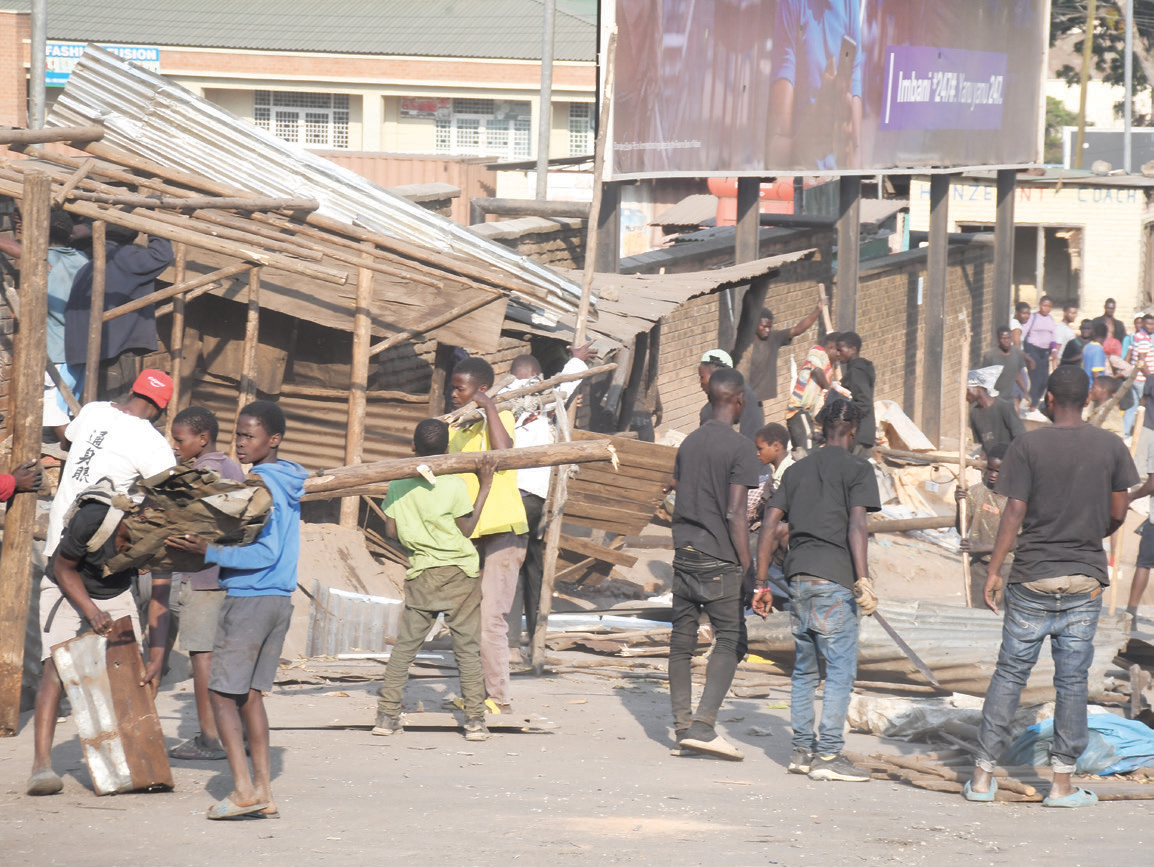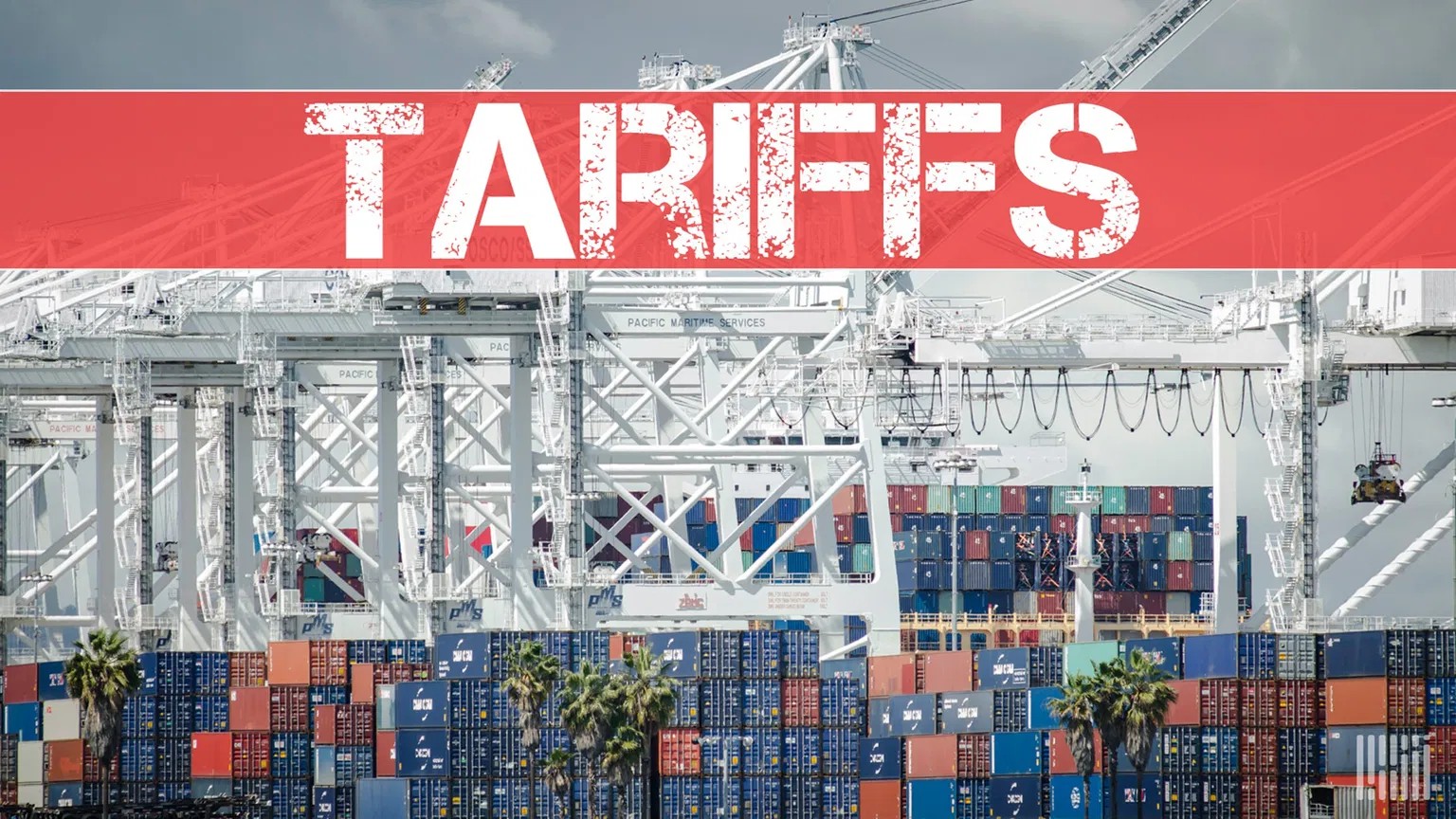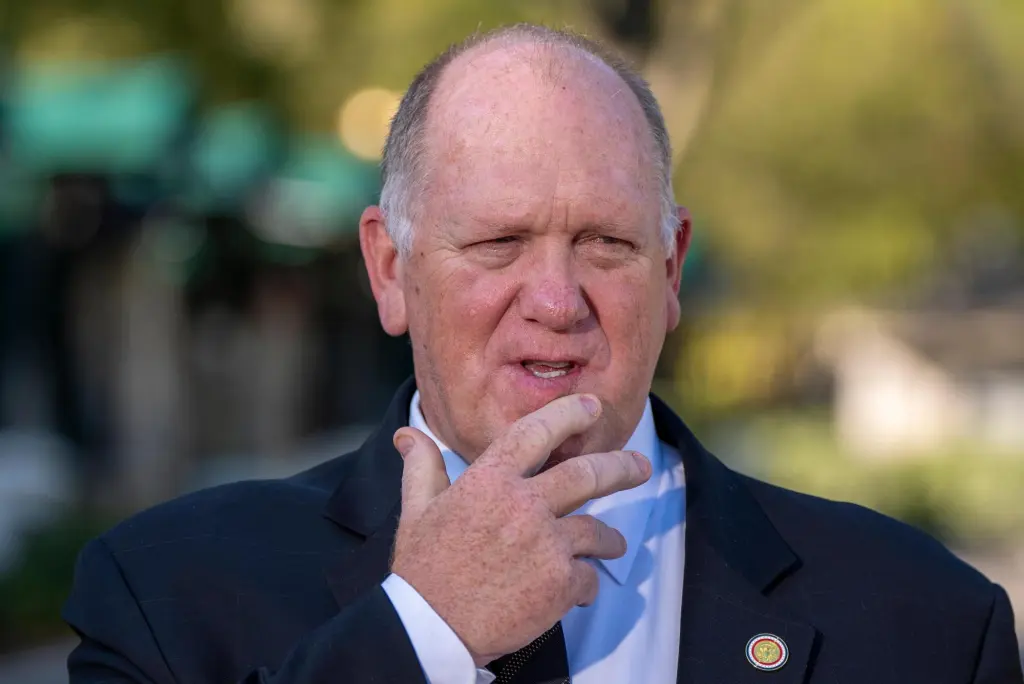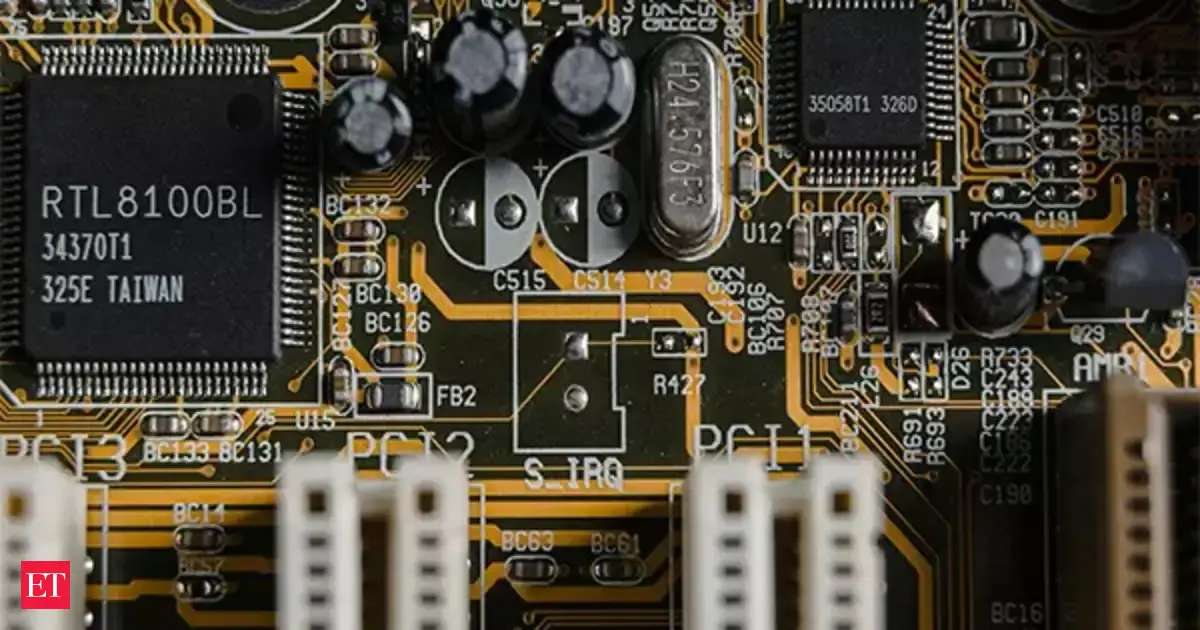By Rebecca Chimjeka
Copyright times

Youths linked to the Malawi Congress Party (MCP) and Democratic Progressive Party (DPP) fought in Lilongwe Thursday over control of “migodi”, which are spots where money is collected from minibuses and taxis.
In Blantyre, especially Limbe, the scramble for migodi reached a climax on Wednesday afternoon and evening, when panga-wielding youths destroyed structures that were erected by their DPP counterparts.
In Lilongwe, the clashes happened at the Shoprite spot, where members of the two groups fought using sticks and pangas.
Military Police had to step in to calm the situation.
An eyewitness, Joseph Gibson, said the fighting was serious.
“We just saw groups of youths charging at each other with sticks. Vehicles had to turn back. It was very dangerous,” he said.
Malawi Police Service spokesperson Peter Kalaya asked for ample time before he could speak on the issue.
But The Daily Times saw police officers who were deployed to restore order and ensure the safety of motorists and citizens.
In Limbe, one of the DPP youths said they wanted to start running migodi because MCP supporters had monopolised them [migodi] in the past five years.
“It is our turn to run the migodi,” he said.
The violence comes days after the Malawi Electoral Commission declared DPP’s Mutharika as the winner of the September 16, 2025 Presidential Election, ready to replace MCP’s Lazarus Chakwera after the elapse of seven day from the day of declaration of presidential election results.
The spots, called migodi or “mining sites”, are not official bus depots. They are just key stopping points for minibuses and taxis. Youths who control them often demand about K1,000 from every vehicle, making the spots a steady source of money.
Analysts say this shows how politics and illegal money collection have become linked.
Human Rights Defenders forum Chairperson Gift Trapence said the fights are a danger to the public.
“What we are seeing is lawlessness. Party youths think a change of government gives them the right to take over markets and depots. The authorities must act firmly to stop this dangerous culture,” he said.
A Times visit to three migodi spots in Lilongwe found that areas previously controlled by MCP youths are now in the hands of DPP youths.
Investigations show a wider problem in public transport. Two groups—the Eni Migodi syndicate and tout gangs—are accused of illegally collecting money from minibus drivers, creating fear and confusion.
They operate in Lilongwe, Blantyre, and other towns. Drivers say they are forced to pay daily fees without receipts or legal backing.
He added that touts also harass passengers, force them into certain minibuses and even attack drivers by beating them or slashing their tires.
In Lilongwe alone, around 1,000 minibuses pay an average of K2,000 each per day—about K2 million daily and close to K100 billion yearly. This money is not recorded or taxed, leaving city councils without revenue to improve roads and ranks.
A migodi operator named Silii Major said the system has existed for years and changes only when governments change.
“This has been happening under DPP, PP [People’s Party] and MCP. When government changes, the bosses change. For us, this is our business,” he said.
He added that more people are now joining in because it is quick money, creating new illegal parking hubs across towns.
Some gangs even collect money on city roads. For example, on the Dudu-Area 36 Road in Lilongwe, motorists are forced to pay to pass.
This raises big questions: Who gave these gangs the power to collect money.
Last year, Lilongwe City Council acknowledged that the issue is complex; the call boys were first recognised by bus owners, but now the system has grown worse.
Times investigations show that migodi culture is no longer limited to bus depots; it has spread to almost every rank, including kabaza (motorbike taxi) ranks, which is causing huge losses for the council.
Many fear that if action is not taken soon, these gangs will continue to grow stronger and control Malawi’s transport system like warlords.



